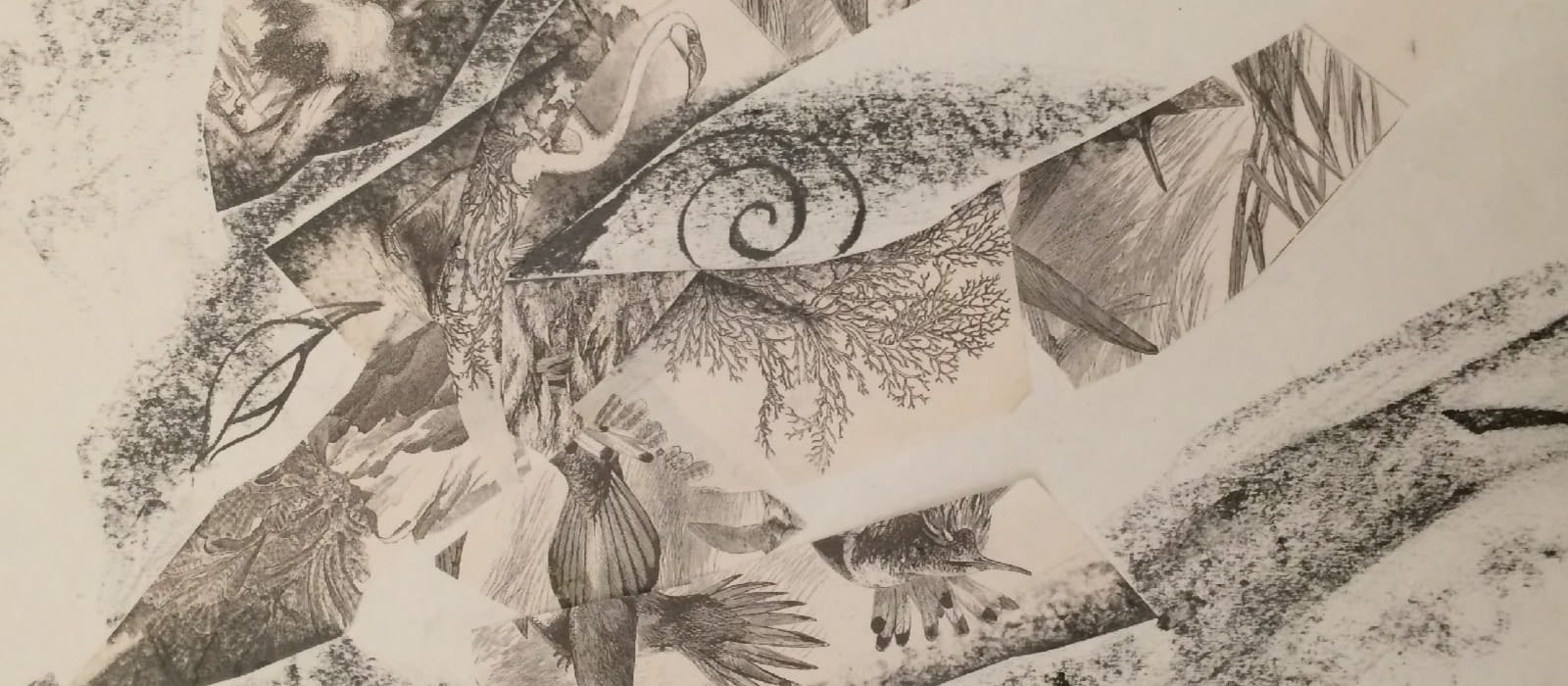Participation Ends Marginalisation
Kudos Productions, an Islington-based television production company, are proud supporters of Stuart Low Trust’s art programmes.
“We wanted to help a mental health charity whose work makes a positive impact on the well-being of people in Islington where we are based. The Stuart Low Trust has been doing that in a brilliantly practical and nurturing way for many years, running weekly events and activities which are thoughtfully curated to bring people together, introduce them to new experiences and support their self-care. Kudos is proud to be working with such an important local charity and to help them help more people in our community.”
Kudos Productions Managing Director, Martin.
Read more about why they wanted to become involved in creating arts activities that are a catalyst for positive change here.
Lillie Davidson, from Kudos Productions, shares her experience of meeting people taking part in our art workshops at the Estorick Collection.
The Estorick Gallery in Islington has made the art world a far less intimidating and daunting experience. The Estorick has a new exhibition on its horizon, with artists that are local, contemporary, and participants from the Stuart Low Trust – and this exhibition is a crucial step towards giving marginalised people a voice.
Positive change
Jane* has been attending Stuart Low Trust’s art programme at the Estorick for several years. Jane views the art workshops as the single, strongest catalyst for positive change she’s experienced. The consistent, holistic support from Estorick curator Jenny, who discusses an exhibition with the participants before asking them with creating their own piece of work, has been a transformative experience. The sessions encourage participants to learn from artists without being daunted by their body of work. And the feeling of making a valuable contribution every session ensures that Jane leave the gallery feeling that ‘I am someone’.
Voices for the marginalised
Art Programme participants, Jane and Anne*, are both emphatic about how the programme has given them a voice in a climate that is becoming more and more marginalising. Anne describes how, when you feel invisible, expressing a subconscious thought into a conscious piece of art can allow you to normalise it. The workshops have given Anne a newfound sense of identity, and Jane describes the empowerment she feels – to her, you don’t have to call yourself an artist, you just have to have something to say and be able to voice it. This sense of identity is clear in the artworks produced – titles like VOICELESS and THE OLD FUCKING THE NEW indicate that these voices are speaking up.
See many examples of artwork made during these workshops, on the Stuart Low Trust’s Instagram account.
Dignity through art
Anne grew up painting her dream homes. When she became a student at Design College, her dream of pursuing a career as an artist seemed to be coming to fruition. But a breakdown cut her studies short, and Anne consequently spent years feeling like an outsider to the art world. It was when Anne discovered the Stuart Low Trust art workshops, that she regained confidence to participate in art once more. Anne describes a black mark on those that leave hospital which felt like a loss of dignity. The Estorick is a dignified place to create art – a liberating, accepting space for participants to express themselves.
World of artists
The space to create is crucial. Anne, like many, understands a ‘black dog state’ can creep up on those alone at home. Having nowhere external to go and express yourself is also an issue in literal terms – Anne describes the clutter that many people with mental health conditions accumulate, a signifier of attachment to things over people. To Jane, being able to come to the Estorick and have a window into the work of great artists, many of whom weren’t recognised in their own life, has given her a sense of internal fulfilment that she did not get from conventional treatments.
Participation
Sarah*, who volunteers for Stuart Low Trust, describes how vital it is for the art world to become more accessible – we are all creators, and yet the label ‘artist’ gets attached to an exclusive subset of people.
Anne describes participation in the workshops as a validating, accepting experience that has finally made her feel like a real artist.
Jane feels that participating in sessions provides a safe place and group to discover something about herself and express it without feeling intimidated.
Sarah feels that opening up a gallery with a consistent facilitator allows people to express and communicate complex experiences that cannot be verbalised.
Double marginalisation
Beyond galleries opening up and allowing people to access them, Jane feels that another way to combat exclusivity would be galleries coming to more communities. Jane refers to how, if you are someone who already feels marginalised, the art world is doubly marginalising, and more can be done to break down barriers. The sessions have empowered her to feel that you don’t have to feel out of place.
If the workshops were to end, it would be a loss to a new type of artistic community the Estorick has nurtured. Jane has not only experienced change in herself, but she’s seen a change happen with everyone who participates – a growth in confidence – something that can’t taken away.
Sarah, Anne and Jane used to feel intimidated walking into a gallery before the Stuart Low Trust workshops. Thanks to Estorick, galleries are now a place they feel at home.
Written by
Lillie Davidson- Kudos Productions
Find out more:




